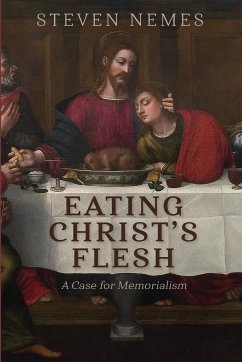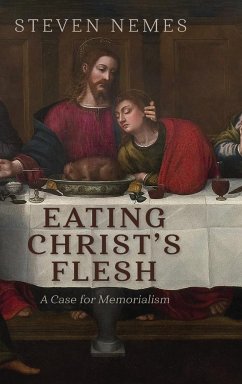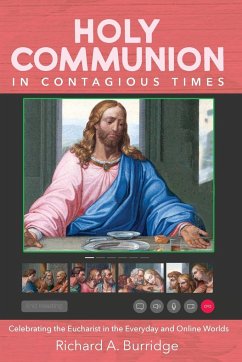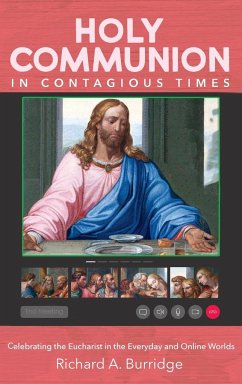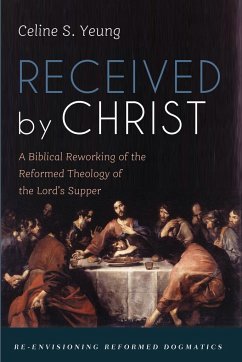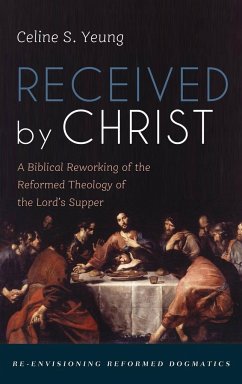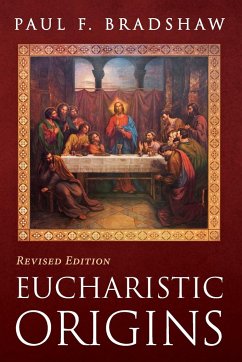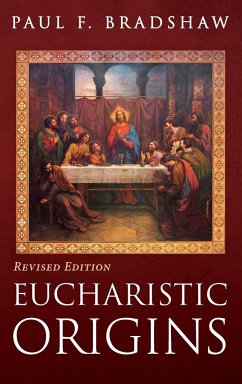What does it mean to "eat Christ's flesh" (John 6:53)? And what does this eating have to do with the bread and wine of the eucharistic meal which Jesus called his "body" and "blood" (1 Cor 11:23-25)? These are central questions in the theology of the Eucharist. Memorialism says that to eat Christ's flesh is to take joy in Christ's person and work. The bread and wine of the Eucharist make it possible to engage in this sort of eating sacramentally by serving as symbols that represent Christ's person and work. This book presents a systematic case for memorialism. It addresses the biblical loci classici (the bread of life discourse, the words of institution, and 1 Corinthians), important early church sources (the Didache, Ignatius, Justin Martyr, Irenaeus, and Tertullian), and the philosophical-phenomenological interpretation of the Eucharist in Huldrych Zwingli and Michel Henry. It also argues against the alternative pneumatic and real presence paradigms in conversation with their historic and contemporary advocates.
Hinweis: Dieser Artikel kann nur an eine deutsche Lieferadresse ausgeliefert werden.
Hinweis: Dieser Artikel kann nur an eine deutsche Lieferadresse ausgeliefert werden.

